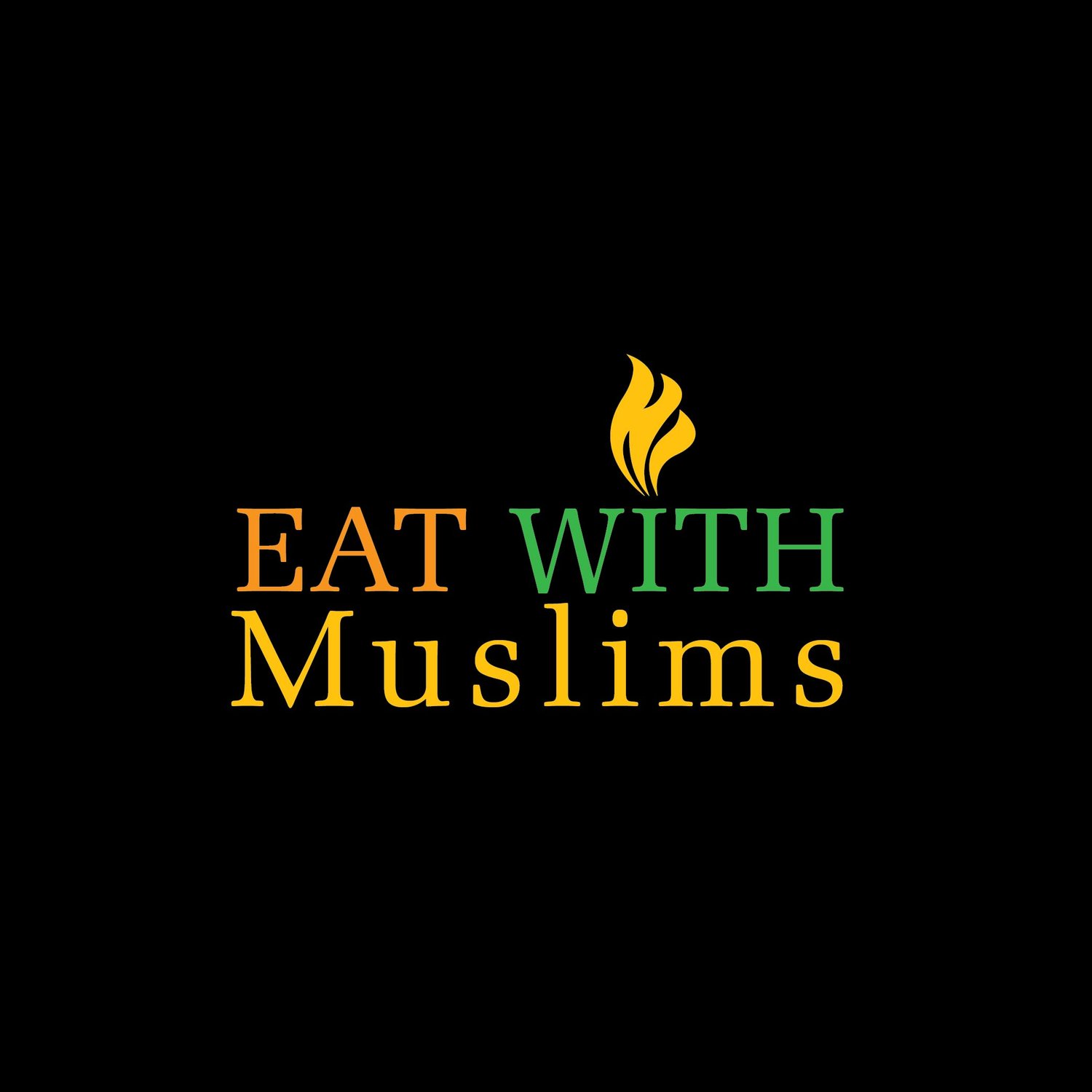Honey, a halaal food, is delicious, alluring and can be paired with many foods. The Prophet Muhammad (peace and blessings be upon him) once said, “By Him in whose hand is my soul, eat honey, for there is no house in which honey is kept for which the angels will not ask for mercy. For he who eats honey, a thousand remedies enter his stomach, and million diseases will come out. If a man dies and honey is found within him, fire will not touch his body.”
In many parts of the Muslim world, honey is often the most trusted medicine, making it widely available in most homes. The Prophet (peace and blessings be upon him) told his followers, “There are two cures for you: honey and the Qur’an.” Honey is also mentioned in the Quran twice. In Surah al-Nahl, or “The Bee,” Allah, the Almighty, talks about bees and the honey they produce: “there issues from within their bodies a drink of varying colors, wherein is healing for men: Verily this is indeed a sign for people of thought” [16:68- 69]. In another verse, the Quran mentions honey directly describing rivers of honey in heaven (47:15).
Honey contains many minerals and vitamins beneficial to humans, but one of the most important assets is of its antibiotic action. Honey has been shown to be superior to certain conventional antibiotics in treating some things like diarrhea & dysentery, wounds & grazes, headaches & migraines, insomnia osteoporosis, dizziness, ulcers and much more. Cold medicines include honey as an ingredient and raw honey can treat many allergies. Humans can benefit greatly from honey which is why it’s mentioned in the Quran as a highly prescribed food.
Whether you like it in your tea or have a spoonful on your granola, enjoy some honey this week. #EatwithMuslimsMondays














